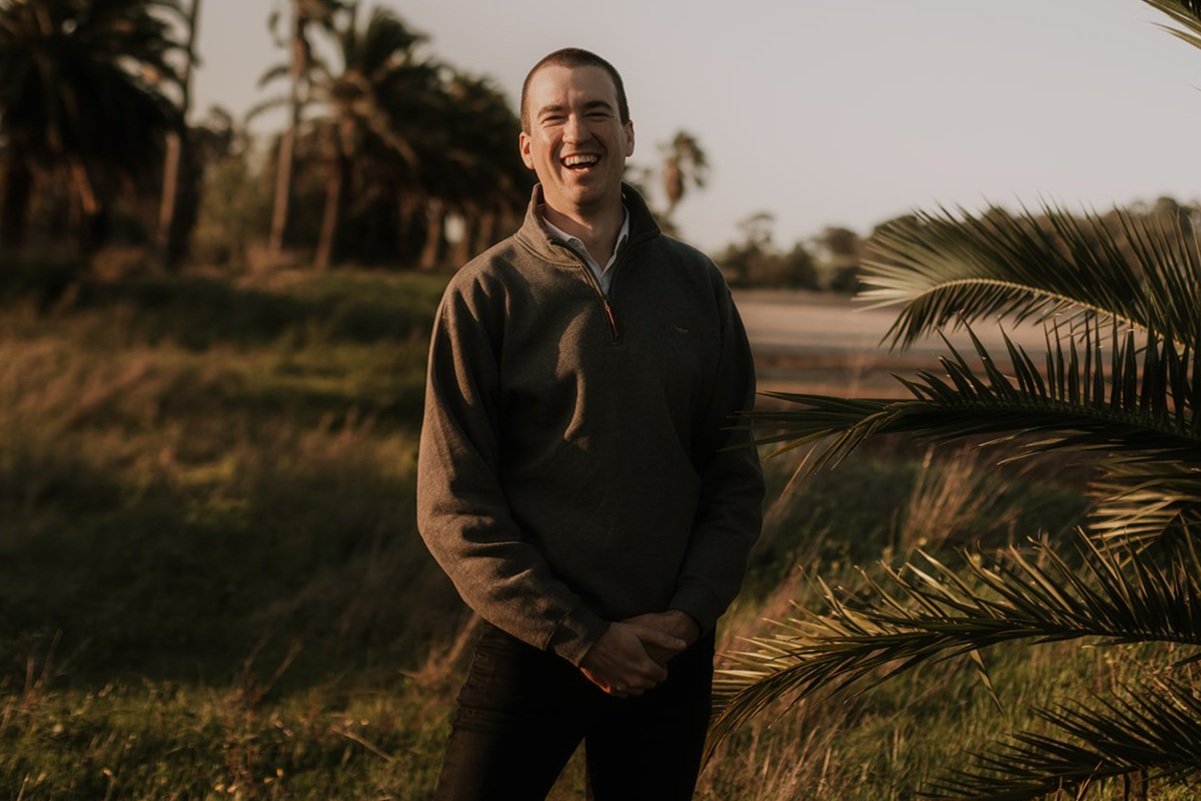Bringing Occupation Back to Therapy
Therapy for the kids who don’t like therapy.
Hi, I’m Joel - a career peadiatric Occupational Therapist and life-long adventure seeker.
I spent too many years trying to replicate the play and adventure-filled dreams of young people into traditional clinical environments and fortnightly time slots that don’t make sense.
I started Better Braver Bolder for the kids who might learn and grow more if their therapy looked like real life activities in real life settings and with real life family and friends.
How does it work?
The reasons:
From Day 1, our way of working with clients was designed differently. We said goodbye to six-tasks-on-a-visual-schedule per session and instead developed a therapy style that put play, recreation and adventure at the centre of every appointment.
The original OTs who first identified this type of therapy, many years ago, called this using occupation as a means for growth and development. No one turns adventure into therapy like we do, and we’re striving to be the best providers of therapy using activities in the world.
The process:
We combine our favourite features of mentoring (like longer sessions and a strong activity and recreation focus) with specialised assessment, interventions and evaluation to create an individual therapy model that suits your needs.
That model is then implemented using a range of modes and is linked to the areas our assessment highlight as needing some attention, and your own personal goals.
We spend time making sure we have understood you correctly, and we will never be satisfied with just a tick-box questionnaire and pre-filled reports with name and date changes.
Our three guiding characteristics:
Our work is flexible, systemic and relational because we believe participating in activities that are meaningful and challenging is therapeutic. We strive to be the best at turning activities into highly therapeutic experiences.
Therapy is effective when planned in a way that makes sense (flexible), when your team has leadership and a shared understanding of the barriers to progress (systemic), and when you trust your therapist and your therapist trusts you (relational).
Modes: Ways to be Better Braver and Bolder
-
Climbing trees and playing hide and seek at Mount Crawford. High-ropes courses At Kuitpo. Hiking and mountain biking at Cobbler Creek. Rock-climbing at Holden Hill. You were able to be resilient during that hard climb.
Bacon and egg breakfast on a camp stove. Recharge the torch and turn off the phone - there's no service out here anyway.
Four-wheel-driving, camping, kayaking and fishing at Loveday. Grab the two-way if you're going on a walk.
Snorkelling the reef at Second Valley. Feeding the horses and rolling out a swag at Wirrina. Can you believe we saw a stingray?
Packing the bags for a seven-hour hike through Mambray Creek. A hot chocolate before debriefing the days events by a camp fire and covered in insect repellant. How big do you think that snake was?
With careful planning, decades of local knowledge, specialist training and state-of-the-art equipment, our ABOT mode is a favourite with teenagers for clear reasons.
Our adventure therapy schedule has been consistently booked out since launch in mid-2023. It is our proudest offering.
Start a referral if you want to learn more about how we use adventurous experiences to work on therapy goals.
-
Where we conceptualise the sibling and parent-child dynamics and work on strengthening these to improve tricky situations.
We don't 'teach' self-regulation in a clinic room - we instead bring therapy into the family system and model co- and self-regulation in naturally occurring circumstances. Like a sibling taking the piece of lego you had your eye on!
Our CFOT mode looks like:
Parents, grandparents, aunties, uncles and siblings joining in sessions.
Parenting meetings with video feedback.
Trauma-informed strategies.
Neurodiversity affirming interventions within a family systems theory framework.
Use our referral section to begin a discussion about how our CFOT mode can help you.
-
We're currently updating this section!
-
A retainer-style arrangement where levels of access are purchased by DCP. This allows superior service provision that is resilient to changes to case direction, moving placements, changing schools or complex circumstances.
For young people in care who do not receive NDIS funding, or when circumstances require additional funding beyond the scope of NDIS.
Start a referral to learn more about this mode of therapy - designed and developed from our extensive history of collaborating with DCP and other child protection agencies.
-
In 2024 we partnered with the leadership team at Swallowcliffe Primary School to deliver assessment and therapy to their students.
This partnership has enabled a more detailed understanding of what is contributing to a student's readiness to learn, and how to enhance their schooling experience.
Our detailed assessments fed crucial information into behavioural management strategies, and our systemically focussed clinical leadership has brought cohesion to the team around the child.
We encourage enquiries from other schools about our Ready to Learn school partnerships - please reach out on info@betterbraverbolder.com
-
We're updating this section!
Where we work
The core of our work involves outdoor activity, so we don’t lease an office or clinic space. Our clients live mostly in the northern suburbs and Barossa Valley, bordered by Regency, North East and South Roads.
Our therapy sessions take place state-wide, and we have run events in the Flinders Ranges, Riverland and southern end of the Fleurieu Peninsula.
When we do need to meet more formally, we rent consulting rooms in Salisbury, Burton and Para Hills.
Start a referral
Use this form to start a new referral.
We don't collect sensitive/confidential information via our website so we’ll be in touch soon via email with a secure referral link.



